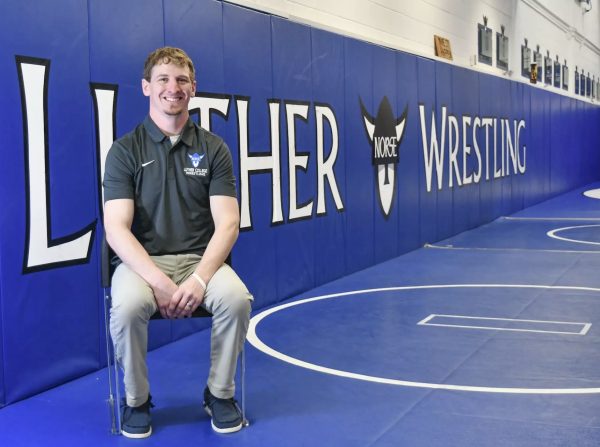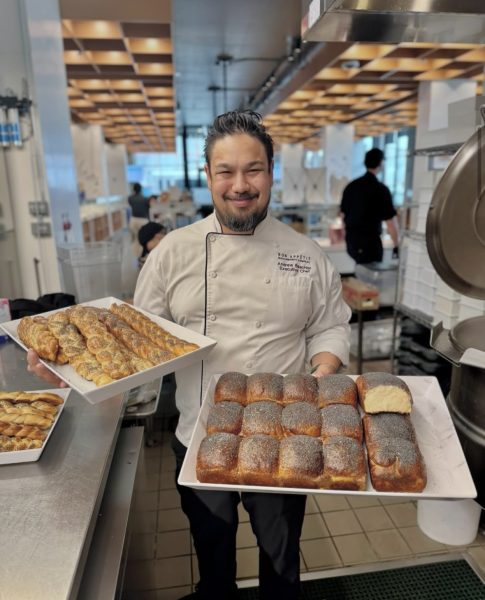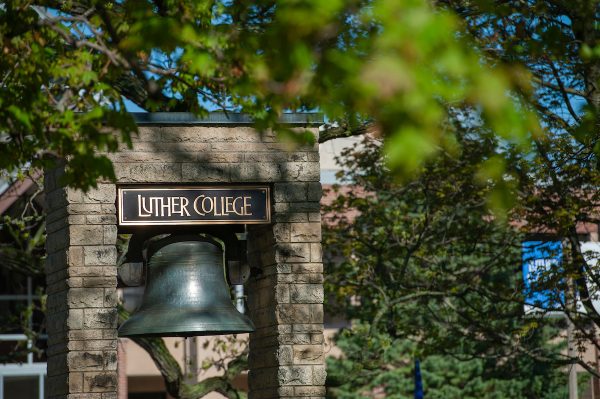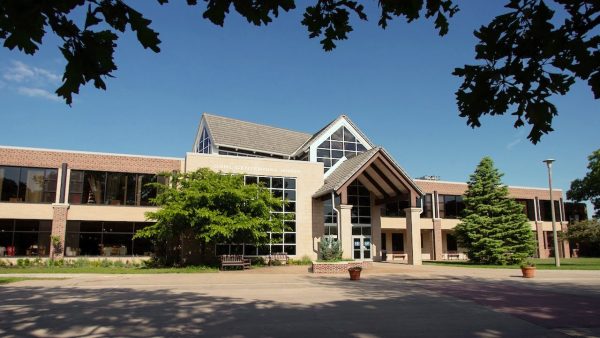Safe Zone Training Creates More Welcoming Environment
On March 7 in the Mott Room of the Dahl Centennial Union, “Safe Zone Training” was hosted by the Center for Intercultural Engagement and Support (CIES). Participants gained knowledge about the history of LGBTQIIA+ identities, the language used to describe gender and sexuality, the impact of oppression on the LGBTQIA+ community, and how allies can support the LGBTQIA+ community. The training also examines prejudice, assumptions, and privilege.
Assistant Director of CIES Felecia DeJong organized the training. She explained that the training is a really effective educational tool for students, staff, faculty and even community members.
“It’s a great way to build understanding and create a more inclusive environment for all,” DeJong said. “Even if you’re not ready to be the loud and proud advocate of others, I want to make sure that [anyone] can have a safe space to ask questions and learn.”
Safe zone training allows students and faculty to have the time and space to reflect on topics like diversity and inclusion. The session focused on how these topics can help to cultivate a sense of understanding, empathy, and connection. This can create an environment of support and acceptance. Leen Zaher (‘26) commented on the way she views Luther’s current environment.
“Back home, it’s hard to express our identity and sexuality,” Zaher said. “It can be difficult to challenge these values and norms without facing judgment or backlash from our families and communities. [The training] felt like a safe environment to express that and be able to talk about it openly without being judged.”
At the end of the training, participants were given the opportunity to sign a training agreement to demonstrate that they are willing to abide by the guidelines and are eligible to receive the Safe Zone Card. The Safe Zone Card allows students to easily identify allies who have gone through the training and are willing to help support them. DeJong explained the importance of attendees taking what they learned out into the community.
“You all have so much more in common than you want to believe,” DeJong said. “As individuals, we have our own identities. Take some time and think about how you might be able to connect with someone before you try and break them down.”






